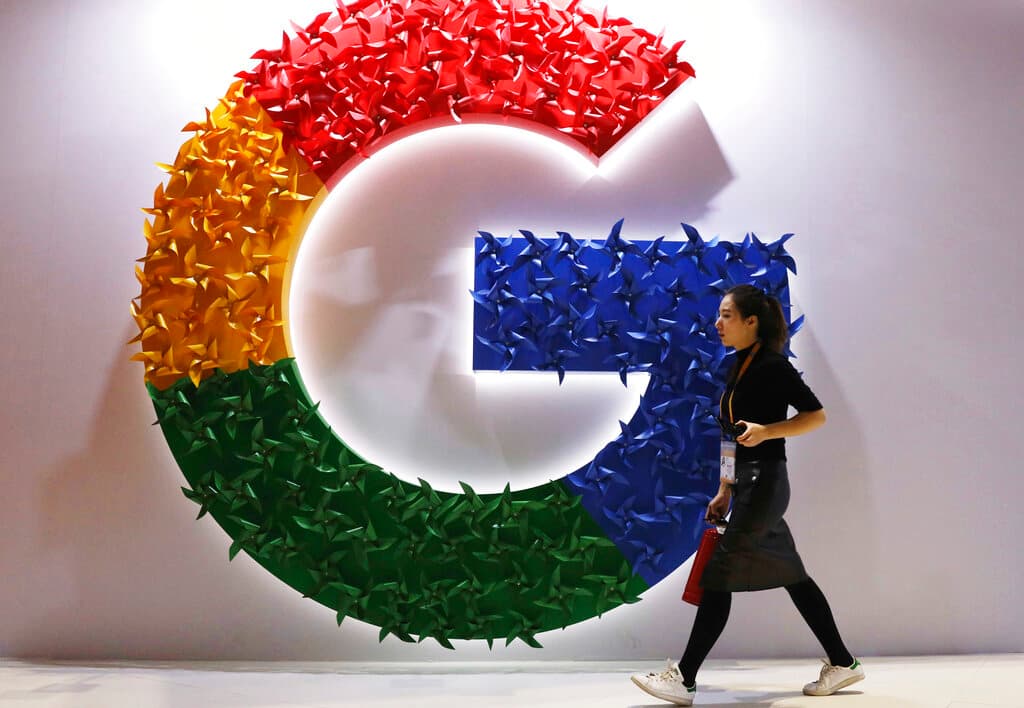Public Pans Google Proposal To Allow Political Emails To Skirt Spam Filters
Google asked approval for a pilot program that would allow federally registered candidates and political action committees to bypass Gmail’s spam filters and send emails directly to users’ inboxes.

Google has asked the Federal Election Commission for its blessing on a plan to exempt political campaign emails from Gmail’s spam filters, and — based on public comments on the plan — many of its users are not happy about the prospect.
Please check your email.
A verification code has been sent to
Didn't get a code? Click to resend.
To continue reading, please select:
Enter your email to read for FREE
Get 1 FREE article
Join the Sun for a PENNY A DAY
$0.01/day for 60 days
Cancel anytime
100% ad free experience
Unlimited article and commenting access
Full annual dues ($120) billed after 60 days

